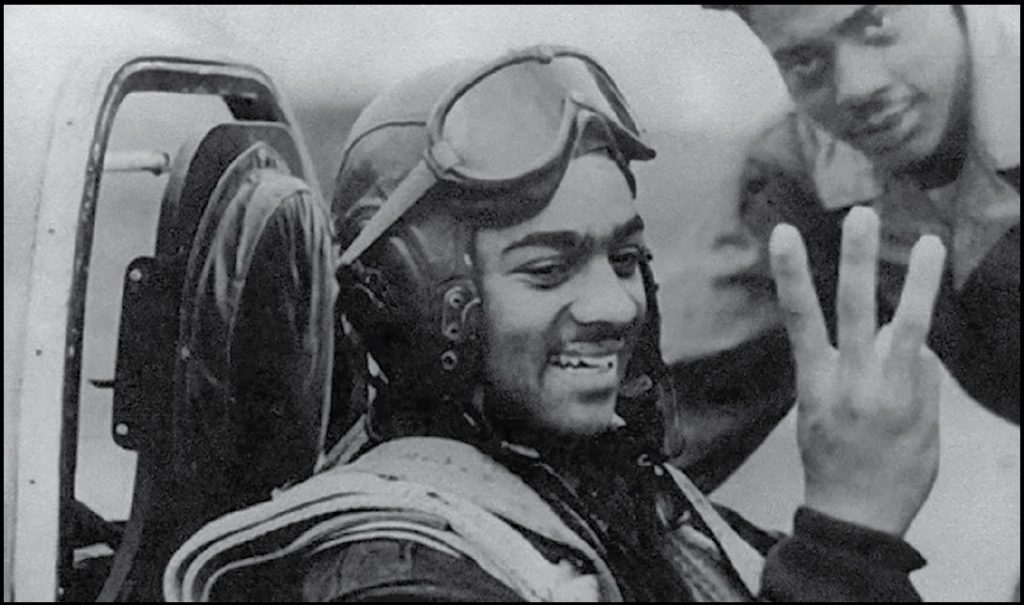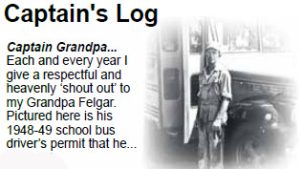On Sunday, February 2, 2025, 100-year-old Lt. Colonel Harry Stewart passed peacefully at his home. He was one of the last surviving Tuskegee Airmen, and not just any “Red Tail.” He was one of four Airmen who, during World War II, shot down three Nazi pilots in one day. The most famous picture of Harry is known amongst some as “Harry and the Hat Trick,” showing him holding up three fingers as though he was entertaining guests with some kind of parlor trick.
There was no “trick” to Harry—he was the real deal on so many fronts that not even the term “Greatest Generation” is enough to contain his heroism, within and without. He was born in Newport News, Virginia, on July 4, 1924, and was the descendent of slaves. As a child, he was always interested in aviation, so when World War II broke out, and the Tuskegee fighter pilot program was started, Harry was ready to go. Harry also triumphed over polio he had experienced as a young child.
Harry’s patriotism ran deep, despite the racism and segregation he endured in the process of actually being a patriot. He loved our country so much that it was worth it to him to have a vision for a better day domestically while fighting fascism and a different type of racism in the European theatre. That kind of courage to me is mind-boggling, and here is what he said about it: “When the Army Air Corps said that they would recant and they would build a field, but it would have to be just for the Negro trainees there, I was willing to accept that in order to go ahead and get my wings; that was the prize as far as I was concerned. I was frankly willing to do anything to go ahead and get my wings.”
The day Harry did the “hat trick,” he had already shot down two Nazi planes. The third one came after him, and he did a daring nose dive. The Nazi plane came after him, and Harry pulled up at what should have been an impossibly late moment, and for the Nazi, it was. Harry literally lived to tell the tale and fight another day. For his bravery, he was awarded the Distinguished Flying Cross medal, and much later in life, the Congressional Gold Medal.
After the war was over, Harry served as a reservist and ultimately became a Lt. Colonel. He went to NYU and got his degree in mechanical engineering, and retired from the ANR Pipeline Company as their vice-president. He did, in part at least, get a chance to experience the American Dream.
“We are deeply saddened by his passing and extend our condolences to his family and friends around the world,” said Brian Smith, the president and CEO of the Tuskegee Airmen National Historical Museum in Detroit. “Harry Stewart was a kind man of profound character and accomplishment with a distinguished career of service he continued long after fighting for our country in World War II.”
Rest in peace, Colonel Stewart, and thank you for making the world a much better place…for all of us.
By: Ali Elizabeth Turner







